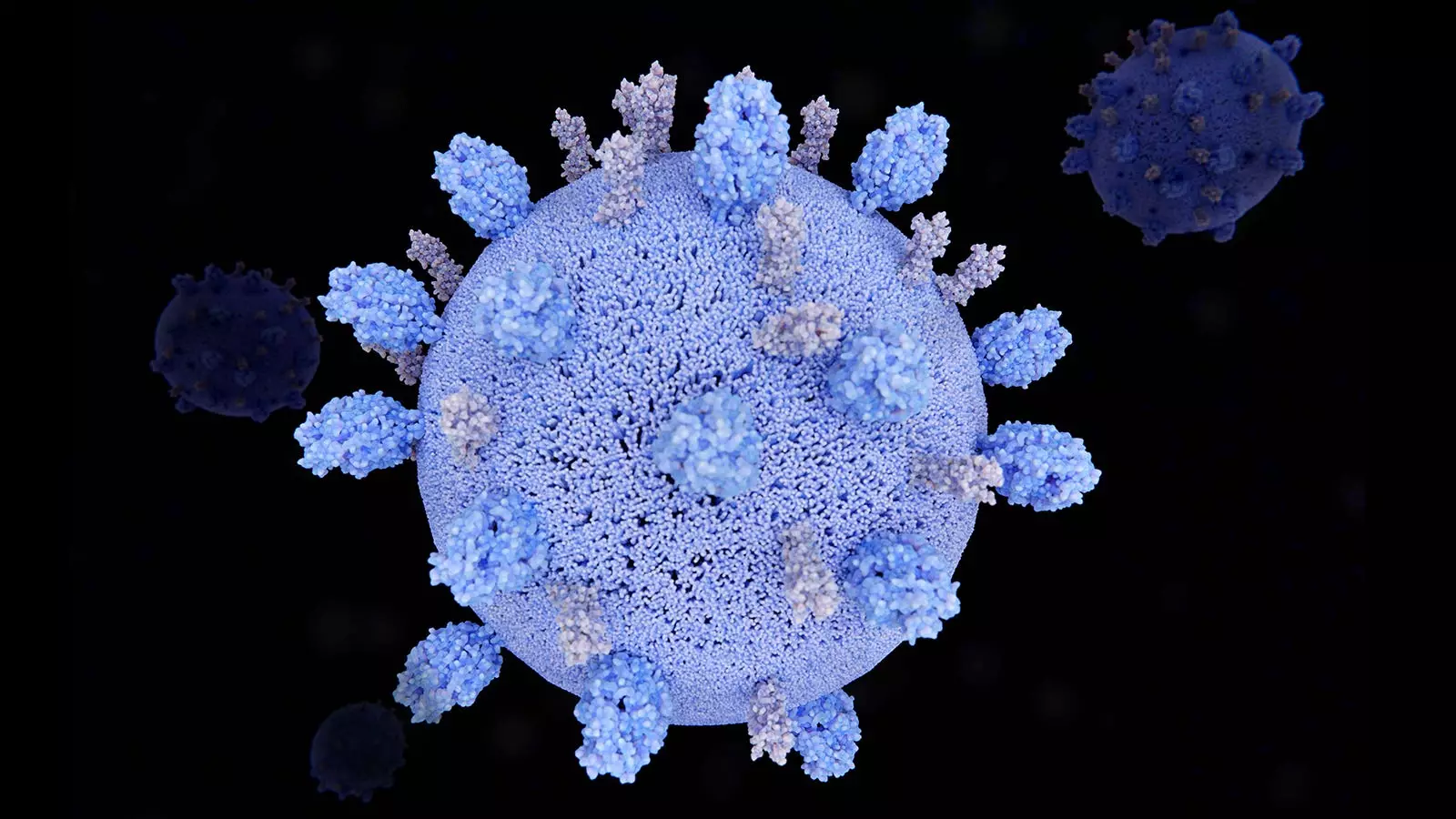The Advisory Committee on Immunization Practices (ACIP) recently reaffirmed the benefits of vaccination against respiratory syncytial virus (RSV) for adults ages 60 and older, despite the small risk of vaccine-related Guillain-Barré syndrome (GBS). Dr. Amadea Britton from the CDC’s RSV adult vaccination work group highlighted during the ACIP meeting that while some cases of GBS were observed in clinical trials for RSV vaccines, it remains unclear if they were directly caused by vaccination or simply chance occurrences.
The analysis presented by Dr. Michael Melgar of the CDC revealed that there were a potential 10 GBS cases per 1 million Arexvy doses administered and a potential 25 GBS cases per million Abrysvo doses. These numbers were compared to the historical GBS background rate, suggesting a slight increase in cases post-vaccination. However, the uncertainty surrounding these early findings emphasizes the need for further research to confirm any correlation between RSV vaccination and GBS in older adults.
Weighing the Benefits
Despite the potential risks, the benefits of RSV vaccination in older adults are significant. Dr. Melgar and his team estimated that every 1 million doses administered could prevent a substantial number of outpatient visits, hospitalizations, ICU admissions, and in-hospital deaths over two RSV seasons. This data underscores the importance of RSV vaccination in preventing severe disease and complications in vulnerable populations.
One concerning issue highlighted by the CDC is the low uptake of RSV vaccines among adults ages 60 and older. Only about 22% of this population had received the vaccine by February of the current year. This low vaccination rate signifies a missed opportunity to protect individuals at higher risk for severe RSV disease, especially those with chronic medical conditions or residing in long-term care facilities.
While there are lingering uncertainties regarding the potential association between RSV vaccination and GBS in older adults, the overall benefits of vaccination outweigh the risks. It is crucial for healthcare providers to engage in shared decision-making with patients to ensure individualized risk-benefit discussions. Older adults with chronic medical conditions or other risk factors for severe RSV disease stand to gain the most from vaccination efforts. Moving forward, continued research and monitoring of vaccine safety will be vital in optimizing the use of RSV vaccines in this vulnerable population.


Leave a Reply